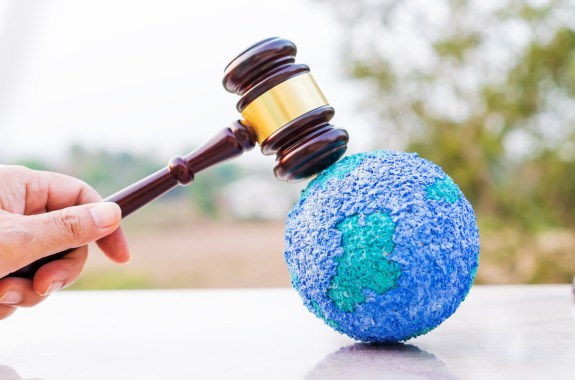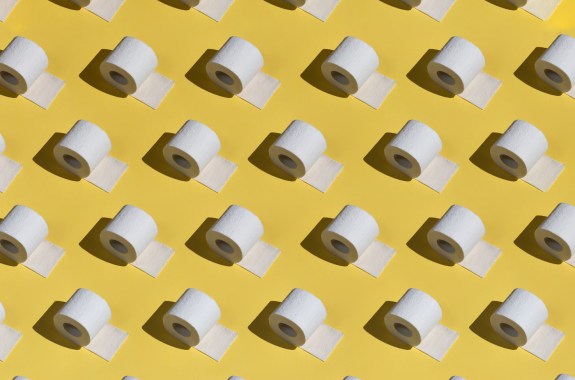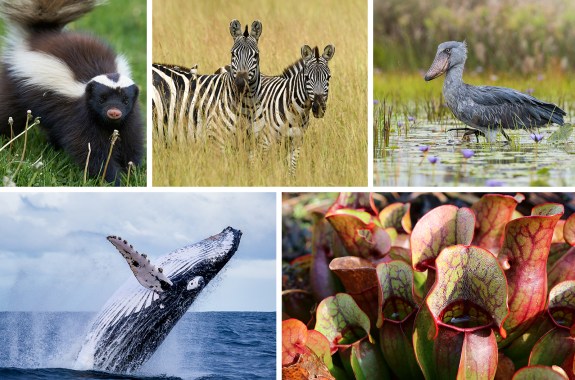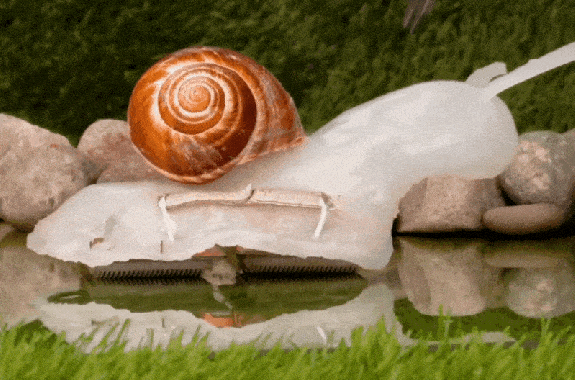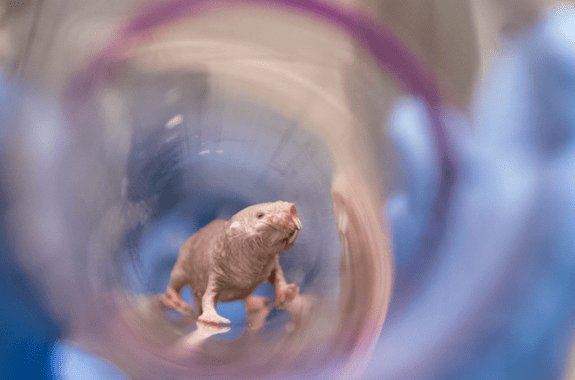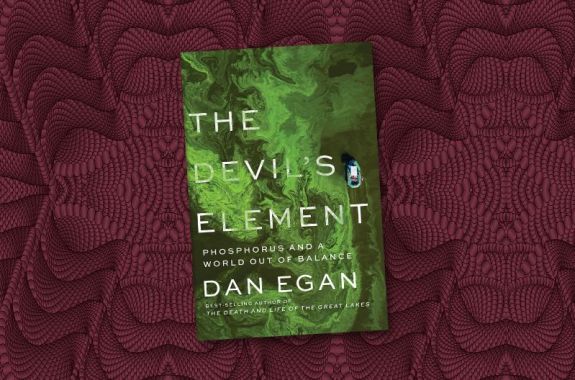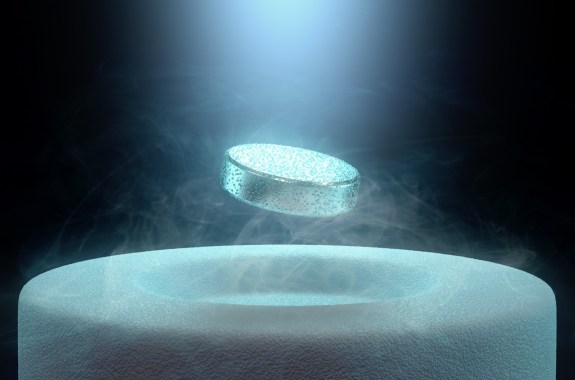Radio
Listen to Science Friday live on Fridays from 2-4 p.m. ET
November 22, 2024
On the 50th anniversary of Lucy’s discovery, paleoanthropologists reflect on what she means to science, and what she taught us about ourselves. Plus, divers have recovered seeds of a long-lost rye variety from a 146-year-old shipwreck in Lake Huron. And, just in time for Thanksgiving, a potato researcher explains potato varieties, potato nutrition, and some tubular tuber facts.
11:18
March Mammal Madness Wants To Hear You Roar
Can a honey badger beat a short-faced bear? Now’s your chance to compete with the wildest bracket.
12:19
At Long Last, More Regulations For Forever Chemicals
An EPA proposal would require water utilities to limit the amount of PFAS chemicals in drinking water.
12:14
How AI Is Changing The Drug Development Pipeline
The first drugs designed with AI are now in clinical trials, raising new questions for the pharmaceutical industry.
5:04
An Ambitious Plan To Build Back Louisiana’s Coast
The state will receive $2 billion dollars to reconnect the Mississippi River to its nearby marshes, but local shrimpers and oyster harvesters aren’t convinced.
11:39
Stop Flushing Your Health Data Down The Toilet
Smart toilets are powered by AI to give users more insight into their health.
17:12
50 Years Later, Reflecting On The Treaty That Controls Wildlife Trade
CITES, the pioneering international treaty ratified 50 years ago, aimed to regulate trade in wildlife species—and it’s still expanding.
10:42
This Skin-like Robot Can Heal Itself
A new, soft robotics material could usher in self-repairing prosthetics.
6:10
Naked Mole-Rats Are Eternally Fertile
Understanding how naked mole-rats are fertile for their whole lives may help answer questions about human reproduction.
16:50
Balancing The Good And Bad Of Phosphorus
This critical element has been crucial to farming—and is also responsible for causing massive toxic algae blooms.
11:25
Despite Superconductor Breakthrough, Some Scientists Remain Skeptical
The new superconductor has exciting potential uses, but the team behind the breakthrough recently had another superconductor study retracted.

